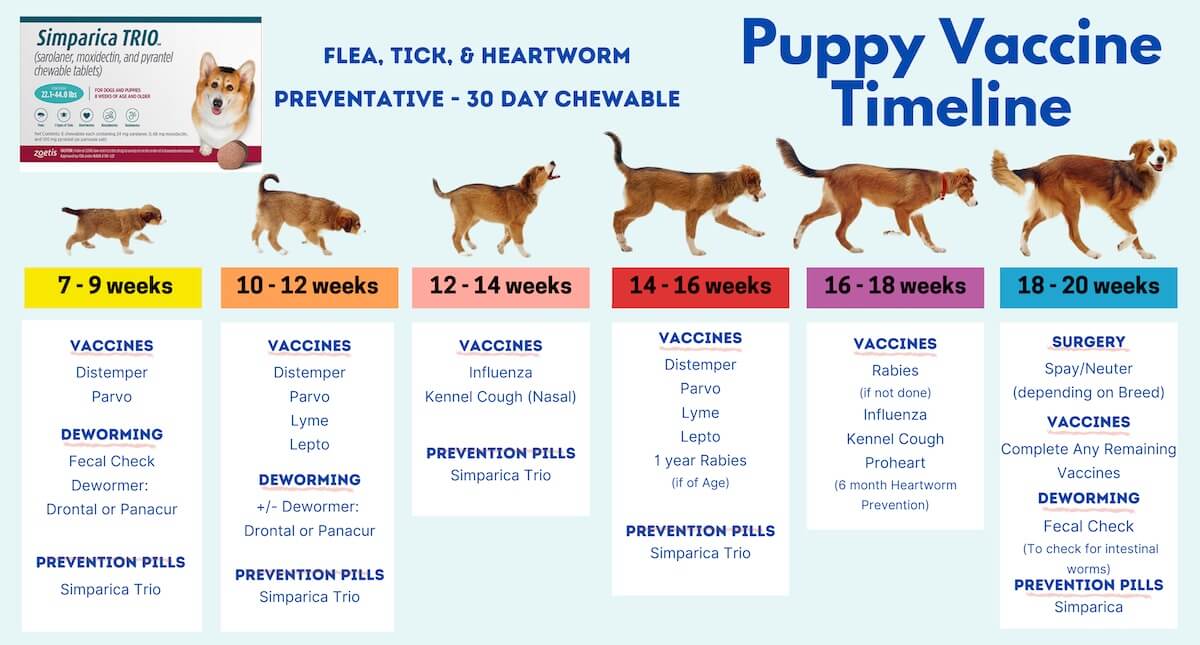How will proper puppy care impact the life of my dog?
When you get your puppy, you really want to build a good foundation. So check on their health and make sure that everything looks right. Make sure they have their food and nutritional issues squared away. Make sure they have their vaccines and other medications, like flea and tick medications. Building that good foundation with a good start is important, and getting that first exam's going to be crucial to help guide you guys along your path with growing your puppy and ensuring that you have a long, healthy life together.
Jason Wrage, DVM
Green Prairie Animal Hospital
How soon should I bring my puppy in to see a veterinarian for their first exam?
That depends on your puppy. Some people have puppies for sale or that you can adopt that require a visit within 72 hours of getting the puppy. I always think that's a good idea. We can identify early health issues that might be a problem from birth. We can help guide you on a plan to get started. But certainly, within that first week of getting the puppy, it is a really good idea to get that puppy taken care of and get a fresh start. We can start protecting them against heartworms, fleas, and ticks right away. That first week you have the puppy and even up to the first day or 72 hours is a good time to bring in your puppy.

What are the most common health problems in puppies?
A lot of the health problems in puppies revolve around GI issues. Puppies are out exploring, putting everything in their mouth, picking things up, and trying to eat things they shouldn't. They're learning, and that's how puppies learn; they go around with their mouths and smell things. A lot of those first issues tend to be GI issues. There are some early contagious diseases as well that we want to protect against. Parvo is the one that most people are aware of. That's really the one we're concerned about, and obviously, the fleas and the ticks are something that can be present on a puppy from birth. So making sure we're helping you protect them from fleas and ticks is a good idea.
What are some of the signs and symptoms of illness in your puppy?
Typically, what you're going to see with a puppy is a wound-up little bouncing dog with high energy that will be awake and active and then sleep pretty quickly. There's a lot of rotation between that awake and sleep cycle. Oftentimes with a puppy, you're enjoying that time when they are asleep, and they're not as much work to track around, but one of the things you're going to look for is lethargy. Are they not having those awake, wound-up moments? Are you noticing some diarrhea or some inappetence? Those can certainly be issues that indicate an early problem, and it is something you definitely want to notify us about, so we can walk you through the symptoms.
When should I start training my puppy?
Training can begin within a couple of days of getting your puppy, as early as eight to nine weeks old. They should recognize their name within 10 to 12 weeks of age. They should be sitting and getting that early training session in, which is important. One of the things I really like to encourage people to do in a safe environment is having your puppy off-leash outside at an early age where they're not going to run away and get away from you. They're still dependent on you, and they're going to come back because training those puppies to want to be close to you and not wanna run off is a good idea. From there, sit, stay, come, and do other tricks that you want to teach, like shake. You can teach within the first four months. You should be able to train a puppy to do most of those.
What will my vet be looking for when first examining my puppy for their first visit?
We're listening to the heart for murmurs during that first visit, looking for defects in the roof of the mouth, which would be a soft palate issue, potentially an umbilical hernia, and making sure their reproductive organs are intact and normal. And then we just do an overview of the entire health of the puppy. Oftentimes, during our first visit, we check a stool sample. We run a fecal PCR that checks for ten different intestinal parasites of worms, as well as Giardia and coccidia. So it's a basic overview of the health, and if we can identify that right when you get that puppy, we can often avoid more serious consequences down the road.
If you still have other questions and you'd like to reach out to us, you can call us directly at (309) 247-3231, you can email us, or you can reach out on social media. But please do reach out, and we'll get back to you as fast as we can.
Click here to schedule an appointment for us to meet your new puppy!
Click on the links below for more information
New Puppy Information Sheet |
Potty Training Tips for Your Puppy |
|
How to Brush Your Pet's Teeth |
Spaying in Dogs |
|
Fear Free Puppy Socialization Bingo |
Neutering in Dogs |
